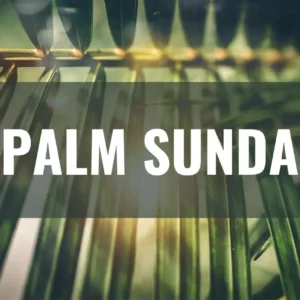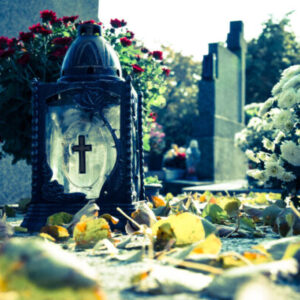
Halloween
Halloween: The History and Origins of the Holiday
Halloween is a holiday with a rich history and origins. Though the holiday has been changed and commercialized over the years, its roots are still evident in modern celebrations.
The origins of Halloween can be traced back to the ancient Celtic festival of Samhain. This festival was held on the last day of October and was a time when the Celts believed that the boundaries between the worlds of the living and the dead were blurred. On this night, it was thought that spirits would come back to earth and that people could communicate with them.
To ward off these dangerous spirits, the Celts would build bonfires and dress in costumes. They would also offer sacrifices to their gods.
As Christianity began to spread through Europe, the old pagan traditions of Samhain were slowly incorporated into the new religion. Pope Gregory III declared November 1st as All Saints’ Day, a day to honor saints and martyrs. This holiday was also known as All-hallows or All-hallowmas.
The evening before All Saints’ Day became known as All-hallows Eve and eventually Halloween.
Over the centuries, Halloween has evolved into the holiday we know today. Though its origins are pagan, it has become a secular holiday that is enjoyed by people of all ages and religions.
It is still a time to dress up in costumes, enjoy sweets, and scare ourselves with stories of ghosts and witches. But it is also a time to remember the dead and to celebrate the cycle of life.




